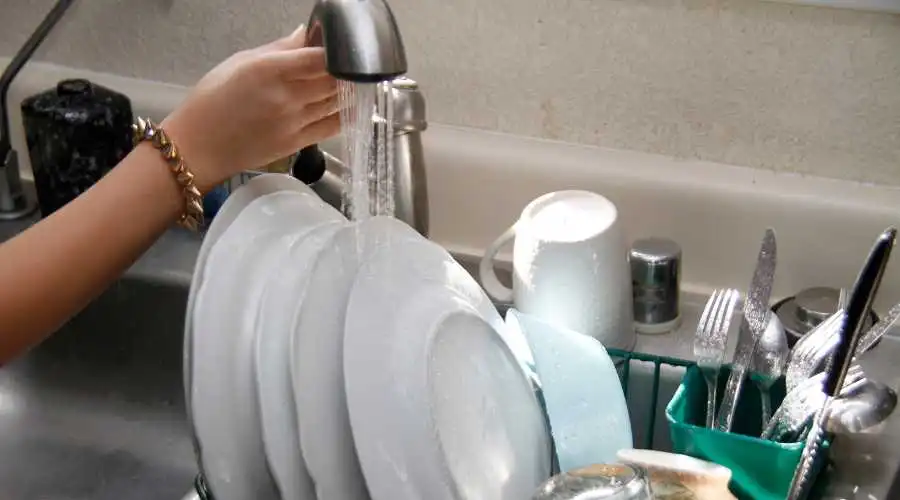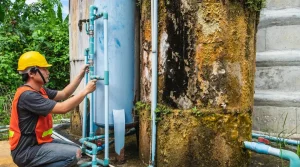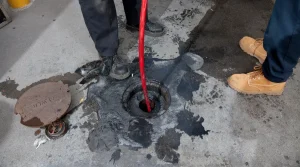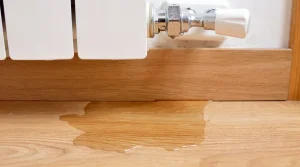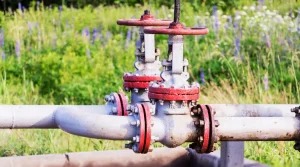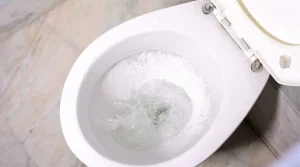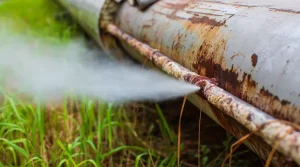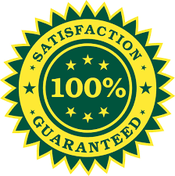With water scarcity a pressing issue in New Jersey, conserving water in your home is more crucial than ever. These simple yet impactful strategies can help you save water, reduce costs, and contribute to a more sustainable future.
Key Takeaways
- Upgrade to WaterSense products to save on water and costs while meeting EPA standards.
- Fix leaks promptly to conserve gallons of wasted water daily.
- Optimize appliance use by running full loads in your dishwasher and washing machine.
- Adopt sustainable practices like shorter showers, rainwater collection, and using pool covers.
- Use commercial car washes with recirculating systems for efficient water use.
Water Conservation in New Jersey: There is a serious water shortage in New Jersey, and unpredictable rainfall makes it even more important to save water. This is a big issue across the country, with the EPA predicting that 40 states will face major water shortages in the next 10 years. Saving water isn’t just about helping the environment—it’s also about protecting our lifestyle, keeping utility costs down, and making sure future generations have enough water.
10 Effective Water-Saving Strategies for Your Home
- Invest in WaterSense Products WaterSense-labeled products, certified by the EPA, meet stringent standards for water efficiency. Toilets, faucets, and showerheads that carry this label are designed to use at least 20% less water than standard models, making them a smart investment for water-conscious households. By upgrading your fixtures to WaterSense options, you can significantly reduce your home’s water usage and lower your utility bills.
- Turn Off Taps When Not in Use Simple actions like turning off the tap while brushing your teeth or washing your hands can save hundreds of gallons annually. Every second counts; each small habit shift contributes to a substantial difference over time.
- Repair Leaks Immediately A dripping faucet or a small pipe leak can waste gallons of water every day, adding up to thousands of gallons yearly. Addressing leaks promptly not only conserves water but also protects your plumbing and reduces the risk of water damage to your home.
- Take Shorter Showers Showers account for a significant portion of household water use. Non-WaterSense showerheads can use up to five gallons per minute. Cutting your shower time by just two minutes daily can save up to 10 gallons each day, or 3,650 gallons annually. Consider installing a water-saving showerhead as an added measure.
- Run Full Loads in Your Dishwasher and Washing Machine While it may be tempting to wash a few dishes or pieces of clothing, running partial loads wastes both water and energy. Only run these appliances with full loads to maximize efficiency and minimize resource use. Not only is this better for the environment, but it’s also a more economical approach in the long run.
- Install a Rain Barrel Collecting rainwater is a natural and effective way to water your lawn and garden without turning on the hose. A rain barrel can save hundreds of gallons of water each month, particularly beneficial in areas where water restrictions may apply. This collected water can also be used for indoor plants, reducing reliance on tap water.
- Reduce Electricity Use Since power plants often rely on hydro-cooling technology, cutting back on electricity also reduces water consumption. Simple steps, like turning off lights and appliances when not in use and using natural daylight, help conserve both water and energy. This dual benefit helps lower your utility bills and eases pressure on water resources.
- Store Drinking Water in the Fridge Instead of running the tap to get cold water, keep a pitcher of water in the fridge. This saves water that would otherwise go down the drain and provides immediate refreshment. It’s a simple step that conserves water and makes it easier to stay hydrated.
- Cover Pools When Not in Use Pool covers help to reduce water evaporation by maintaining stable water temperatures. According to the U.S. Department of Energy, pool covers can reduce water loss from evaporation by over 50%. This simple measure helps avoid frequent refilling, cuts chemical use, and reduces energy costs if you’re heating your pool.
- Choose Commercial Car Washes Washing a car at home can use over 100 gallons of water, especially if you use a hose continuously. Most commercial car washes use water-recirculation systems, which drastically reduce water waste. Supporting eco-conscious car washes is a practical way to minimize water use without compromising on cleanliness.
Why Small Changes Matter in the Bigger Picture
Water conservation isn’t just a few separate actions—it’s a group effort to make sure everyone has enough water. When each household saves water, it adds up and helps New Jersey reach its conservation goals. In New Jersey, where water is in short supply, every gallon saved helps keep reservoirs full and strengthens our water system.
Frequently Asked Questions
Q: What is a WaterSense product, and how does it save water?
A: WaterSense is a certification program by the EPA for products that meet high water efficiency standards. WaterSense products like faucets, toilets, and showerheads use up to 20% less water than standard models, helping homeowners conserve water without compromising performance.
Q: How much water does fixing leaks actually save?
A: Even a small leak can waste up to 3,000 gallons of water annually. Fixing leaks promptly prevents this loss, conserves water, and lowers water bills.
Q: Do rain barrels really make a difference?
A: Yes! Rain barrels can save hundreds of gallons of water every year, which can be used for watering plants and gardens. By reusing rainwater, you reduce dependency on municipal water supplies, helping conserve treated water for essential uses.
Q: Is it better to wash dishes by hand or use a dishwasher?
A: Surprisingly, dishwashers are more water-efficient than washing dishes by hand, provided you run full loads. Newer, efficient dishwashers use less water than handwashing a sink full of dishes.
Q: How can I tell if my showerhead is using too much water?
A: If your showerhead is not labeled as WaterSense, it may use as much as five gallons per minute. Consider upgrading to a WaterSense showerhead, which reduces water flow without sacrificing pressure.
Q: How does electricity use impact water conservation?
A: Power plants often use significant amounts of water for cooling. By reducing electricity consumption, you indirectly conserve water as well. Lowering energy usage in your home, therefore, contributes to overall water conservation efforts.
Q: How can I keep track of New Jersey’s water levels?
A: You can monitor New Jersey’s reservoir levels online through various state resources. Staying informed can help you understand the urgency of water conservation and inspire you to adopt more water-saving practices.
By using these strategies, you can help save one of New Jersey’s most important resources. If you need help with water-saving products or plumbing questions, contact BJC Plumbers North Bergen. Let’s work together to make sure New Jersey has enough water in the future.

